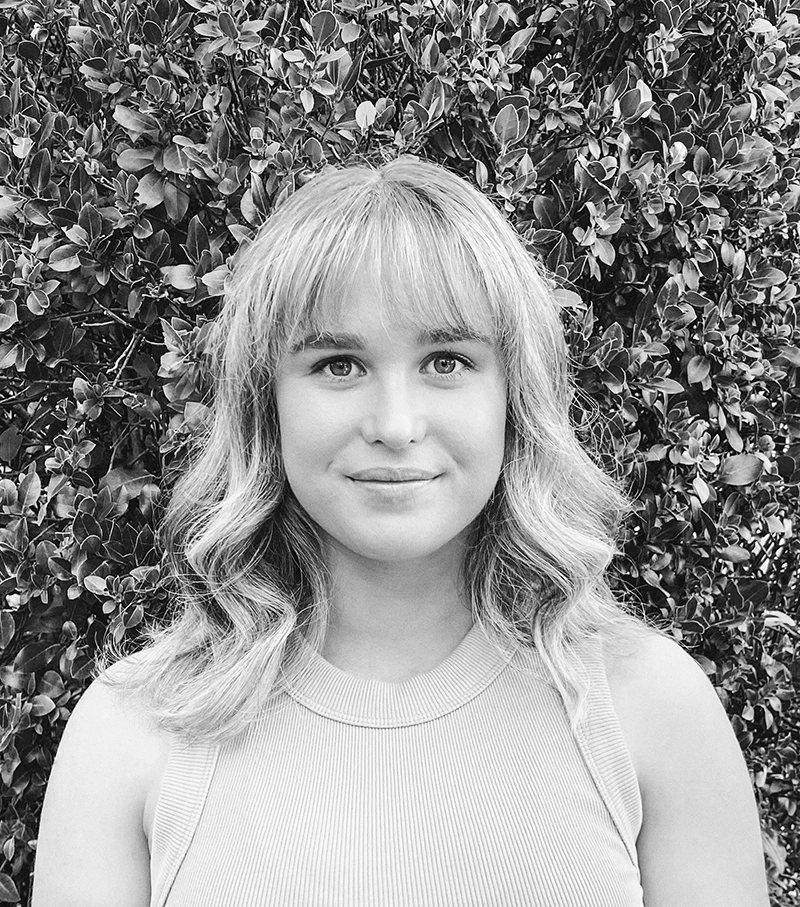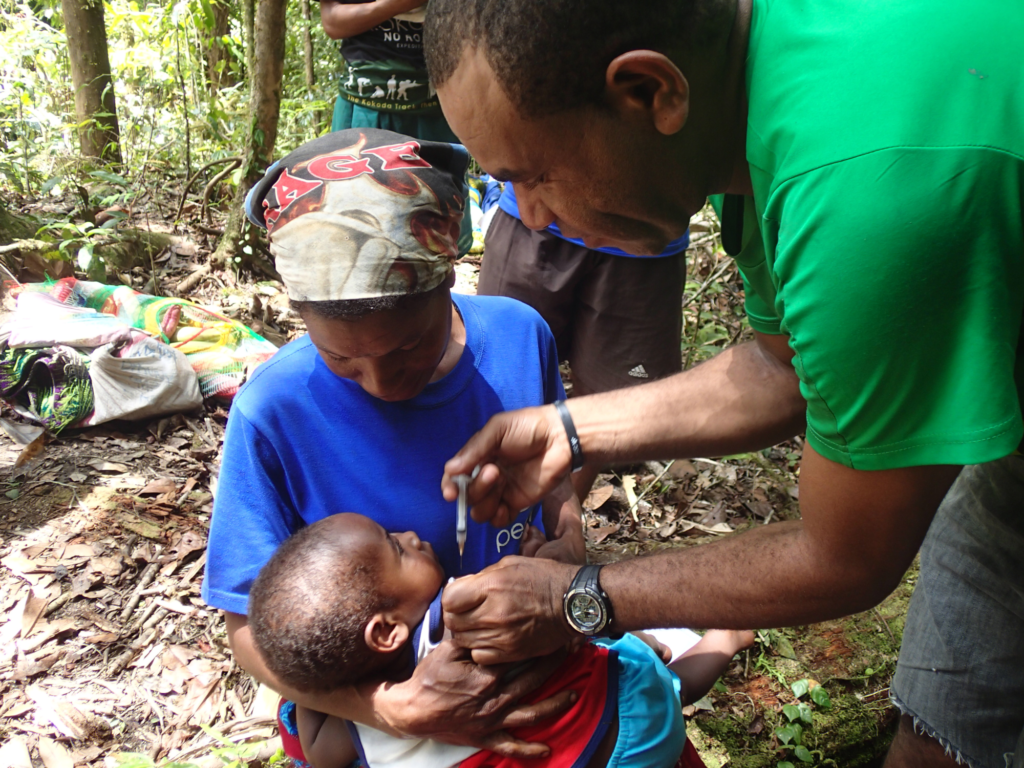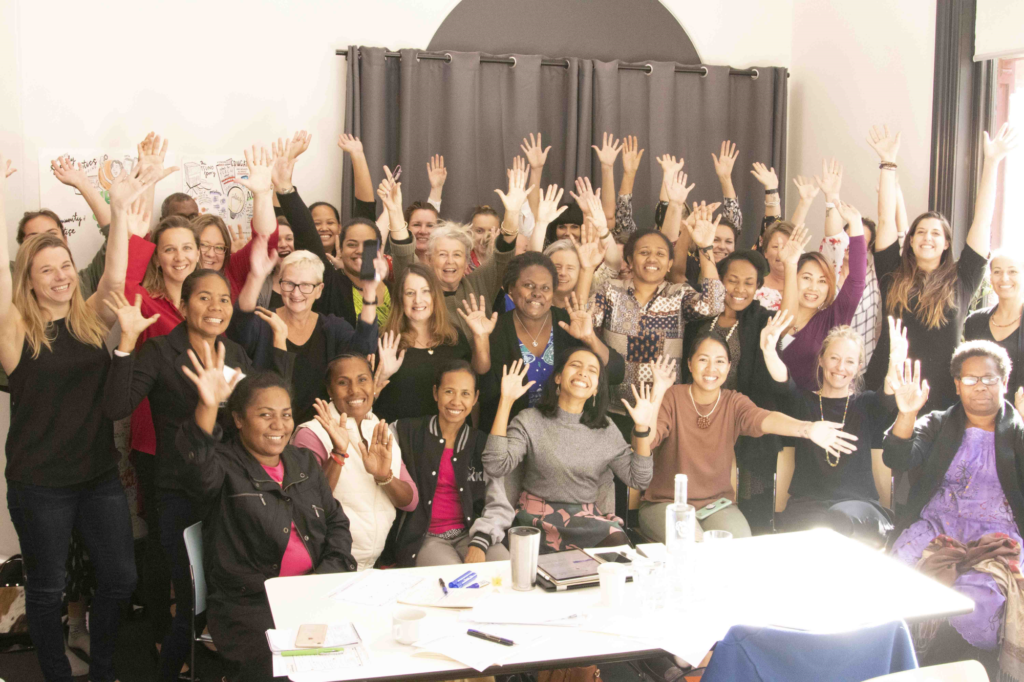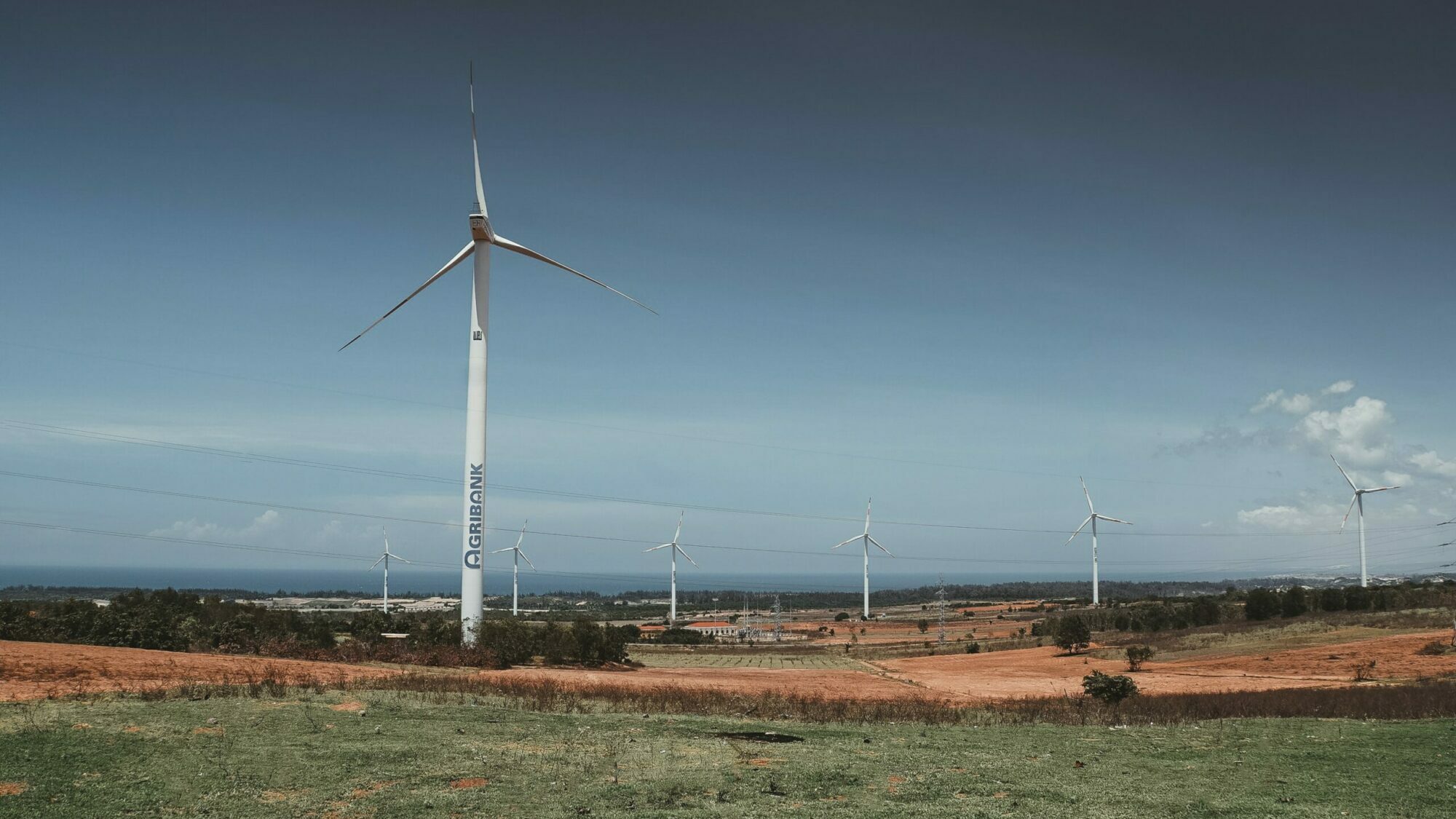
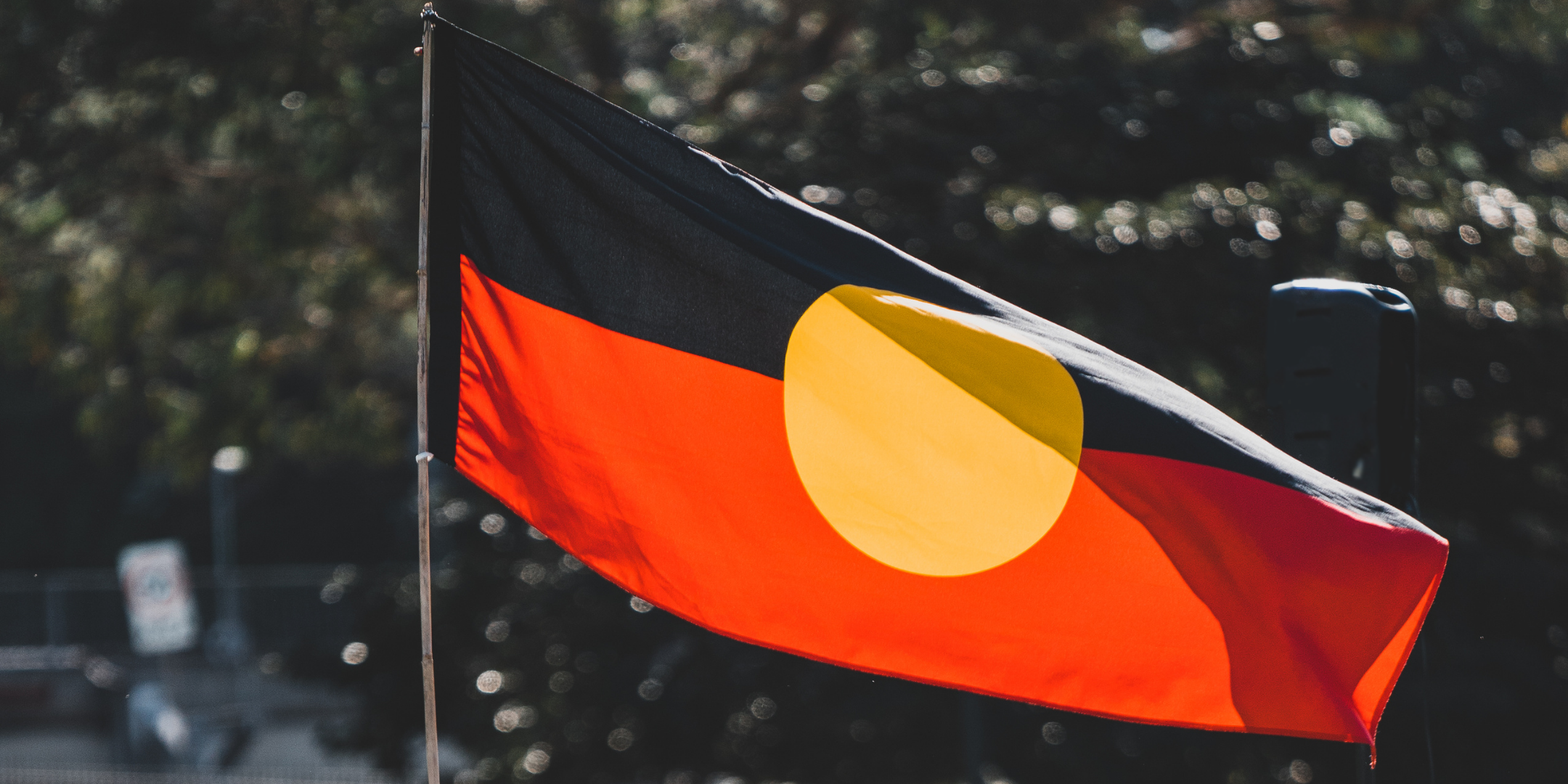
“We as a nation are capable of more. We can build a truly fair and equal society and this campaign is calling on governments and all key stakeholders to reflect on the way they currently do things.” June Oscar AO
The release of the report marks the 50th anniversary of the Aboriginal Tent Embassy and is a stark reminder that sovereignty was never ceded.
Last week on National Close the Gap Day I attended the virtual launch of the Close the Gap Campaign Report 2022 – Transforming Power: Voices for Generational Change. It brought together the following incredible panel of Aboriginal and Torres Strait Islander leaders, and healthcare professionals.
- Karl Briscoe, CEO, National Association of Aboriginal and Torres Strait Islander Health Workers and Practitioners, and Co-Chair, Close the Gap Campaign
- Adjunct Professor Janine Mohamed, CEO, Lowitja Institute
- Dr Norman Swan, Physician, journalist and broadcaster
- Mr Norman Frank Jupurrurla, Warumungu community leader
- Dr Simon Quilty, Specialist physician working in the Northern Territory
- Hayley McQuire, Co-founder and CEO, National Indigenous Youth Education Coalition, and Co-Chair, Learning Creates Australia
- June Oscar AO, Aboriginal and Torres Strait Islander Social Justice Commissioner, and Co-Chair, Close the Gap Campaign
Shahni Wellington moderated discussion on the report and how it highlights the strengths of Aboriginal and Torres Strait Islander peoples as they lead their communities, and Australia, in transforming health systems and community services to close the gap. These are my key takeaways from the event.
Karl Briscoe stated that if we, as a nation, are serious about reconciliation, we must be committed to the recommendations of the report. Hand-in-hand with the recommendations, the Australian community as a whole must embrace genuine opportunities for Aboriginal and Torres Strait Islanders to make decisions, commit to amplifying the voices of Aboriginal and Torres Strait Islander health and community leaders, hold governments to account through the provision of frank and fearless advice, and role-model genuine allyship.
Adjunct Professor Janine Mohamed outlined that the themes of the report – transformation, gender justice, and allyship – cut to the heart of what people are experiencing today, especially amid a pandemic. She explained that transformation and allyship are complementary to each other: beyond listening to Aboriginal and Torres Strait Islander ways of knowing, being and doing, non-Indigenous people and systems must cede control, share power and recognise Aboriginal and Torres Strait Islander leadership.
Dr Norman Swan explained that a key question determining health outcomes for individuals is how much agency do I feel like I have in my life? For strong health outcomes, the locus of control must be held by individuals and their communities. Feeling like you don’t control your destiny causes chronic stress, which impacts the way your brain works and has consequences on a physiological level: it affects your heart and blood vessels, your immune system, and this causes the health gap. In the face of inherently racist systems, Aboriginal and Torres Strait Islander communities have taken back control by managing health through community control organisations.
Mr Norman Frank Jupurrurla and Dr Simon Quilty both illustrated that climate change and health justice are closely intertwined: the deep inequities in Australia’s health system will be exacerbated as climate change worsens. The key tools to tackle this are found in listening to Aboriginal and Torres Strait Islander people and engaging in genuine allyship; we must walk together and talk together as one, and non-Indigenous people must understand their privilege and use it to elevate and amplify Aboriginal and Torres Strait Islander voices.
Hayley McQuire outlined that good education improves lives, but it always comes back to the question: on whose terms? Young Aboriginal and Torres Strait Islander people around Australia are still being pushed through an education system that doesn’t value them for who they truly are. Instead, our education system must redistribute power and recognise Indigenous pedagogy. All schools need to recognise that they operate on stolen land and therefore are responsible for reflecting stories of the land they sit on. Our learning systems must be grounded in allyship, with Aboriginal and Torres Strait Islander people at the centre of this transformation.
June Oscar AO highlighted the report as being a roadmap for success. She emphasizes that it shows how we can create genuine health equity and equality and what’s possible when Aboriginal and Torres Strait Islander people and communities have agency and power. It affirms what we already know: a fundamental shift in policy and co-design is needed. Community control organisations are already doing extraordinary work in Aboriginal and Torres Strait Islander communities despite debilitating conditions. This work is vital: we have an obligation to future generations, and basic health equality is a fundamental human right. We must pursue this ideal for everyone.
The full Close the Gap Campaign 2022 report is available to read here.
“This moment in history is calling us and demanding more from us. We can rise to this occasion. We can meet this moment. This is our work. We all hold responsibility for driving change.” June Oscar AO
